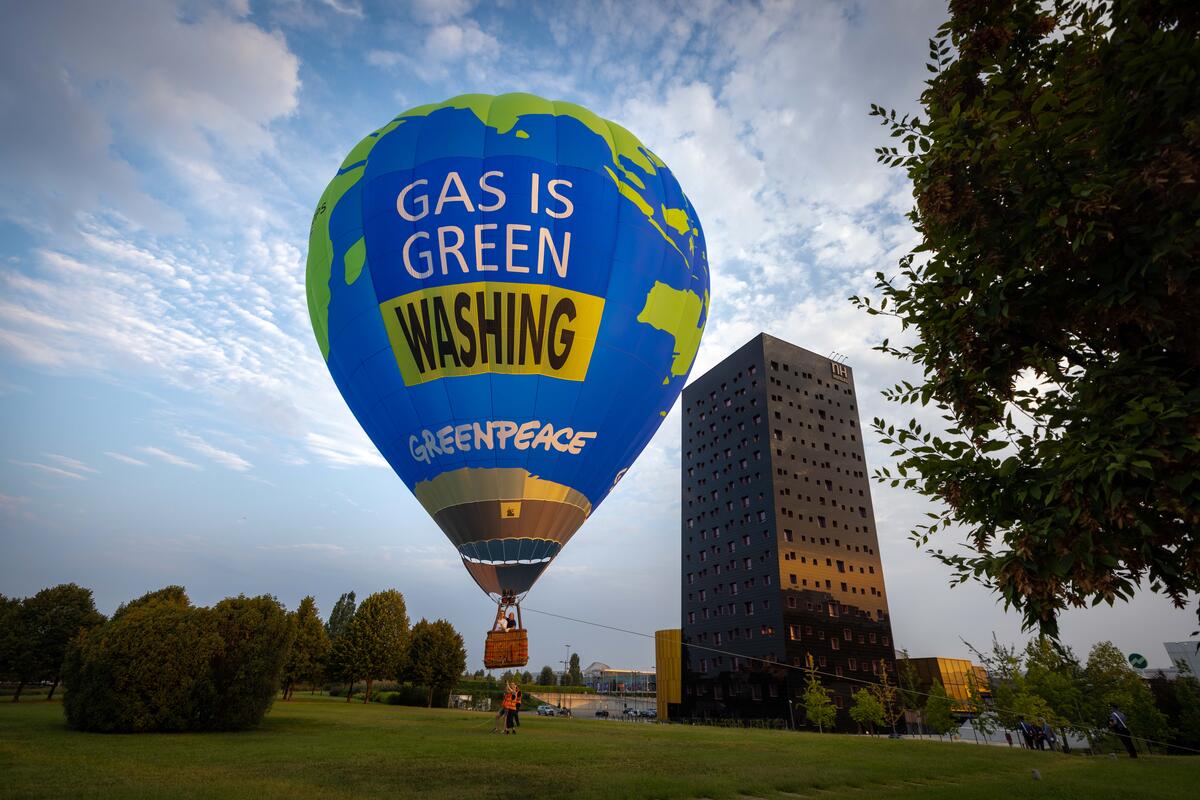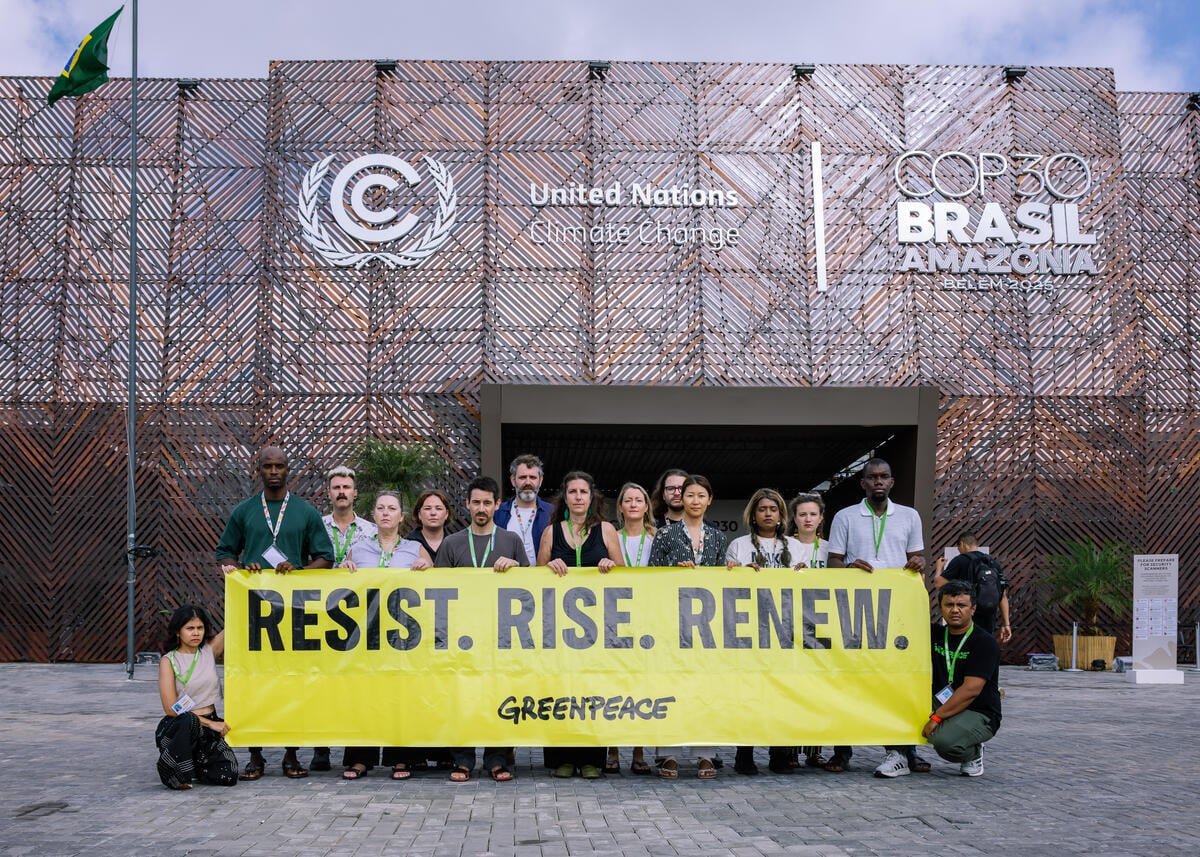We refer to the comments made by the Minister of Natural Resources, Energy and Climate Change Nik Nazmi in a media interview “No Passion For Fission” published on 15 Oct 2023. The minister is commenting on our concerns in a joint statement calling for no to nuclear power pathway.
First, radioactive waste is not an issue of public perception. It is a very large existing problem for all countries that have stepped into the technology. No country in the world has a final depository for the high-level waste, not even Finland (although it is constructing one, but that has no operation licence yet). Costs for nuclear waste management have soared over the years and virtually all countries fall short on the finances they have reserved so far, leaving a large part of the bill to future generations.
Second, nuclear power does not give access to cheaper energy. Not in comparison with fossil fuels, and even less in comparison with abundant renewable energy sources from water, wind and sun. Nuclear power is roughly twice as expensive as off-shore wind, four times as expensive as on-shore wind and five times as expensive as solar power [1]. Energy scenarios including nuclear energy inevitably show higher costs than scenarios targeting 100% renewable systems. In the long run or short run, nuclear has priced itself out of the market.
Third, it is dangerous to say “We will cross the bridge when we get there” in terms of “Should we decide to pursue nuclear power, the radioactive waste management plans will be reviewed seriously”. This is exactly the position current nuclear countries have taken.
The Malaysian government needs to look at the nuclear waste problem at the moment, in those countries that have already produced the waste. Most countries react to nuclear waste with a “wait and see” strategy, and they have waited already for 70 years without any satisfying outcome. The Netherlands postponed taking any decision to the year 2100! The Czech Republic wants to start a disposal in 2065. Even countries like Finland and Sweden, which are the furthest in plans for some kind of final disposal, do not have a silver bullet. They left the issues to three generations into the future. “We will cross the bridge when we get there” means dumping the problem on the shoulders of future generations – the generations that did *not* benefit from the (far too expensive) power from the reactors.
The minister also said that Malaysia will need to forge partnerships and sign treaties with international communities to explore nuclear technology. In addition, the nuclear-related Acts and Regulations in Malaysia will need to be revised, updated, and debated per international standards.
According to the National Energy Transition Roadmap, the projected installed capacity of renewable energy is 70%, with solar energy expected to contribute 58% of the overall energy mix by 2050 [2]. However, the same document also states that only 18% come from renewable energy in the total percentage of projected energy dependency, 79% still from fossil fuels (natural gas, crude oil, petroleum products and coal). Since we are going to have a large amount of installed capacity of solar energy that is far from fully utilised, we should spend our resources on upgrading infrastructure to accommodate renewable energy, exploring nuclear technology is an utter waste of money, resources and capacity.
The objective and purpose of energy transition is to move away from fossil fuels in face of the climate crisis, while respecting the principle of common but differentiated responsibilities between developed and developing countries with the current international regime on climate change.
In short, nuclear energy is too costly, it carries too many fatal risks: accidents, radioactive waste, and the proliferation of nuclear weapons, and causes intergenerational injustice. It can never be a green and peaceful solution for climate change. Whoever brings up nuclear energy now diverts attention from urgent climate action with safer alternatives now.
The government should stick to the “no nuclear power” decision in 2018, and counter any ASEAN country that may have plans for nuclear power for the sake of public health and safety, economics, energy security, environmental protection and sustainable development.
Issued by:
Thing Siew Shuen, Senior Programme Manager, Greenpeace Malaysia
Meenakshi Raman, President, Sahabat Alam Malaysia
Notes:
1. https://changeoracle.com/2022/07/20/nuclear-power-versus-renewable-energy/
2. https://www.ekonomi.gov.my/sites/default/files/2023-08/National%20Energy%20Transition%20Roadmap.pdf
Related Posts
-

Why fossil gas is a bad deal for Southeast Asia
Fossil gas is often described as a cleaner and safer option for our region. But when you look closely at the evidence.
-

Understanding fossil gas, methane, and LNG
Fossil gas is often surrounded by confusing technical terms. This glossary breaks down the key concepts in clear and simple language, so you can understand exactly why fossil gas is…
-

Climate, forest protection roadmaps slashed from formal COP30 outcome as people demand change
Belém, Brazil – What started with strong hope and promise ended without actionable roadmaps to end forest destruction and the burning of fossil fuels, as geopolitical divisions again showcased the…
